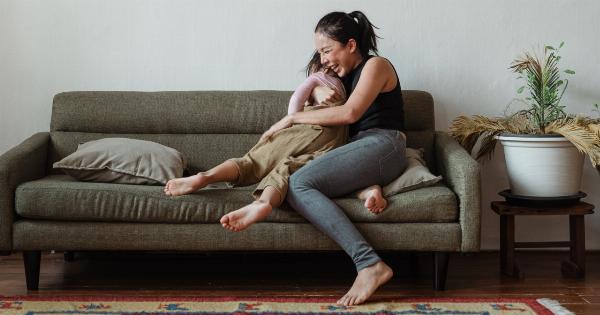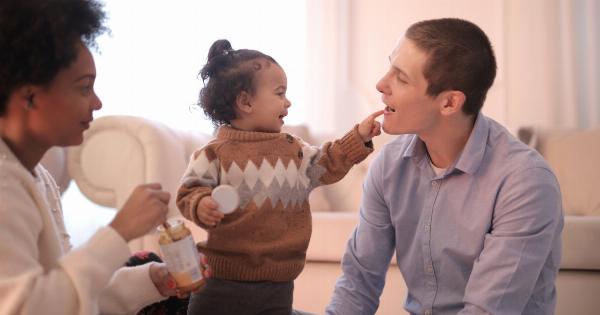As parents, we may find ourselves in challenging moments when our children start to show curiosity about their bodies. It can be hard to know how to approach these topics without feeling embarrassed or uncomfortable.
It is essential to find ways to answer their questions honestly and without shame.
Why it’s important to talk to your children about their bodies
Children’s curiosity about their bodies is entirely natural and healthy. It is a sign of their growing understanding of themselves and their environment.
It also provides a critical opportunity for parents to help their children develop a healthy sense of body awareness and respect. By talking with children about their bodies, we can help them develop healthy attitudes and behaviors surrounding their physical health and well-being.
When to have the conversation
There is no set age at which children start to show curiosity about their bodies. However, parents should be ready to start the conversation when children start to ask questions. It may happen as early as preschool, ages 3-4.
As children get older, during elementary years, they may ask more detailed questions about their bodies.
How to initiate the conversation
Starting a conversation about bodies may feel awkward at first, but it is essential to approach the subject with an open mind and a desire to provide children with accurate information.
Begin by asking open-ended questions and letting the child take the lead. For example:.
- “What questions do you have about your body?”
- “I noticed that you were looking at your body a lot, is there anything you want to ask me?”
- “How do you feel about your body?”
Common questions about the body
It is essential to be prepared for some common questions children may ask. Some of the common questions children may ask are:.
- “Where do babies come from?”
- “Why do boys and girls have different bodies?”
- “What is puberty?”
Answering those difficult questions
When answering children’s questions, it is important to answer honestly, using age-appropriate language and tone. Avoid using euphemisms or overly technical language that may confuse children.
Breaking down answers into smaller, more manageable pieces can be helpful. Also, limit the amount of information presented to children at one time to avoid overwhelming them. Some tips on answering specific questions are:.
Where do babies come from?
Being honest about where babies come from is vital in developing a healthy attitude toward sexuality. Explain to children that babies come from a woman’s body, and the sperm from a man’s body helps create a baby.
Use straightforward language and avoid providing too much detail.
Why do boys and girls have different bodies?
Explaining to children about the different physical characteristics between boys and girls is crucial in fostering a healthy understanding of gender differences.
Briefly explain the differences but emphasize that boys and girls are equal in every other way. It is essential to highlight and respect differences.
What is puberty?
Explaining puberty can be awkward, but it is essential to do it as a way of helping children prepare for the physical changes that occur during adolescence.
Explain to children that puberty is a time in their life when their body goes through significant changes as they grow into adults. Provide information about the different changes that may occur, such as growth spurts, pubic hair growth, and hormonal changes.
Dealing with embarrassment
When discussing bodies with children, it is common to experience feelings of embarrassment or discomfort. It is essential to set these feelings aside and focus on providing children with accurate information.
Also, answer their questions in a matter-of-fact manner and avoid making any comments that may shame or judge them. If you are struggling to provide information, seek advice from other trusted sources, like a counselor or pediatrician.
Tips on creating a comfortability with the topic
Creating comfortability when discussing bodies with your children is essential. Here are some tips on how to create comfortability:.
Conclusion
Having open and age-appropriate conversations about children’s bodies is essential in promoting a healthy sense of body awareness and respect. It is essential to do so in a straightforward and honest manner.
Creating an open, comfortable, and safe space to discuss the topic can go a long way in helping children develop a healthy attitude towards their bodies.



























